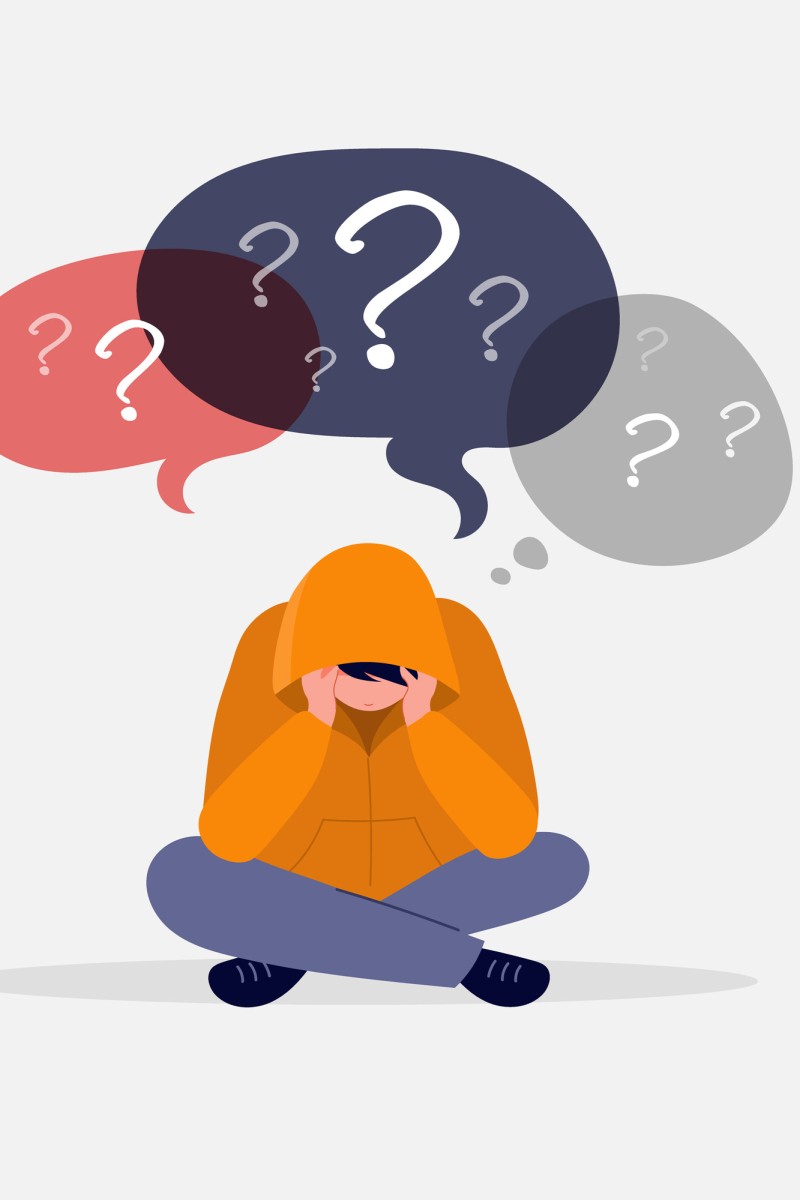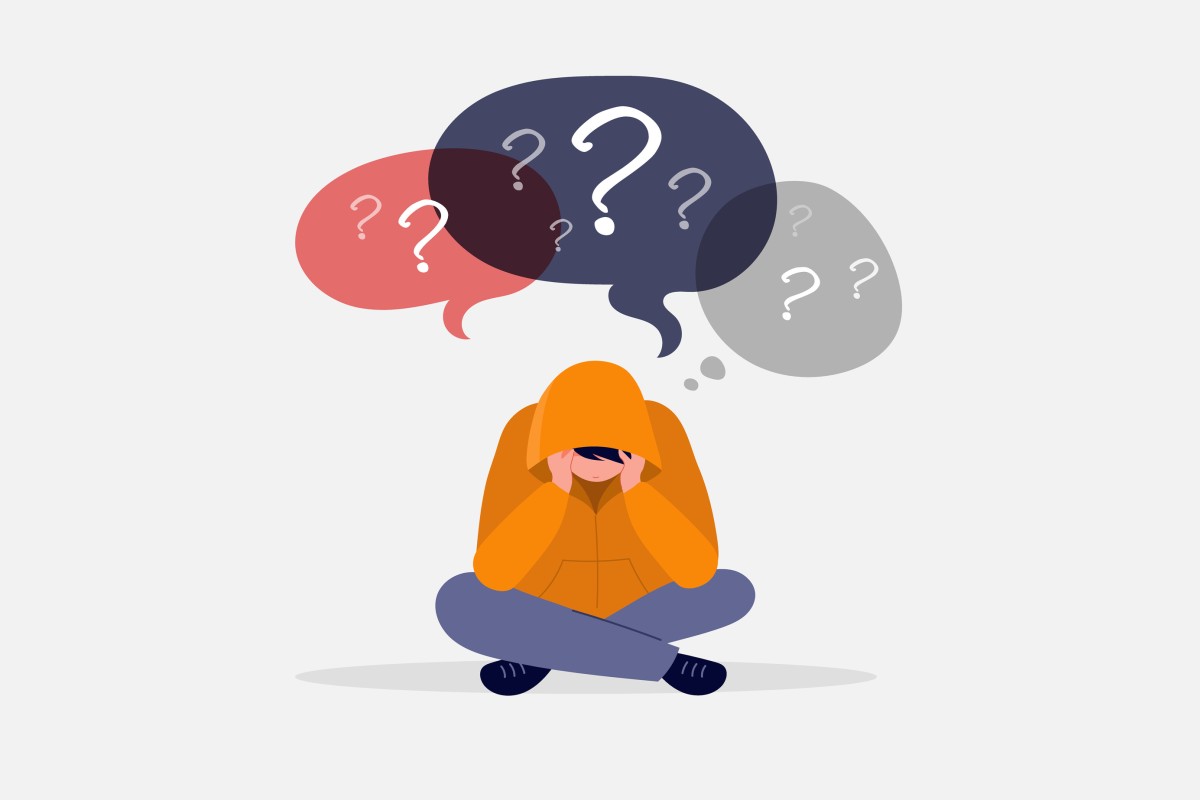
Asking for a Friend: Help! How can I learn to be genuinely happy?
- Each week, we respond to a question from our readers and give advice and resources they can turn to
- This week, we help a student wondering how to deal with negative emotions without pretending like they don’t exist
 You may be tempted to ignore your negative emotions and pretend they don’t exist, but it’s important to feel your feelings. Photo: Shutterstock
You may be tempted to ignore your negative emotions and pretend they don’t exist, but it’s important to feel your feelings. Photo: ShutterstockNeed an answer to a personal question that you’ve never mustered the courage to ask? We’ve been there. Whether it is about school, family issues or social life, share your thoughts with us. If you have a question you’d like answered (about anything at all), please fill out this Google Form. Don’t worry – you will remain anonymous!
Dear Friend,
I used to constantly dwell on the negatives, feeling down all the time. But when I tried shifting towards positivity, I felt like I was suppressing my true feelings. I ended up convincing myself I’m OK when I’m not. This shallow positivity didn’t feel authentic. What can I do to genuinely be happy and positive?
Signed, Suppressed
Dear Suppressed,
Many people have shared and asked this question. We appreciate your self-awareness of your true feelings and willingness to investigate.
Frequent negative thoughts and a low mood can be very draining, exhausting, unpleasant, and uncomfortable. Naturally, people hope to avoid these emotions. However, we don’t have control over everything, and unsatisfactory things happen from time to time.
You don’t have to feel happy when things go wrong or not as planned. Sometimes, it is necessary to plan for the worst-case scenario to prepare yourself.
I don’t want to talk about my feelings, but I feel so lonely. What should I do?
Instead of pushing yourself or pretending to feel OK and positive, it is important to let yourself feel your feelings. Examine what is making you miserable and acknowledge these unpleasant emotions, whether you are sad, frustrated, irritated, disappointed, or angry. You are feeling these things for a reason; for example, someone has crossed your boundaries, or something you cherish is broken. It is important to accept these unpleasant feelings just like pleasant ones.
Try not to judge these feelings; difficult emotions are as natural and important as nice ones, and there’s nothing wrong with experiencing them. Tell yourself that it is OK to feel upset or angry. You can even set a time, such as one hour in the day, to allow yourself to dwell on them. Let yourself feel as sad or frustrated as you want; when the alarm rings, you can vow to let those feelings go.
After that, those uncomfortable moments belong to the past; you can wrap them up – maybe even put them into a journal or drawing – and put them into a drawer. You can also do a guided mindfulness practice or breathing exercise to help yourself focus on the present moment. Then, give yourself a hug and a compliment for the hard work of going through the difficult experience and do an activity you enjoy.
When you accept your difficult emotions without judging them, you will find that you won’t need to suppress your true feelings. You will feel more relieved and freer to experience different things. As the baggage of suppressing feelings becomes lighter, you will be more able to notice and discover life’s positive and enjoyable elements, which can bring genuine happiness.
Hope that helps, Friend of a Friend
This question was answered by San Hung, a registered counselling psychologist (HKPS) in private practice in Hong Kong.